In the parched village of Denganmal, in western India, there are no taps. The only drinking water comes from two wells at the foot of a nearby rocky hill, a spot so crowded that the sweltering walk and wait can take hours. The village, about 140 km from Mumbai in Maharashtra, suffers from a severe shortage of water and for many families the solution to this is ‘water wife’. 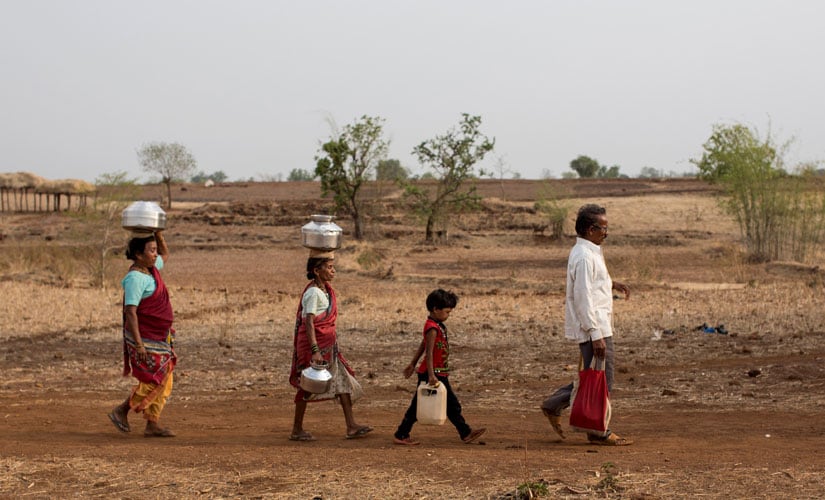 Some men from the village marry a second and sometimes even a third wife just to ensure their households have enough drinking water. These women are known as ‘water wives’. Becoming what are known as “water wives” allows the women, often widows or single mothers, to regain respect in conservative rural India by carrying water from the well quite some distance from the remote village. 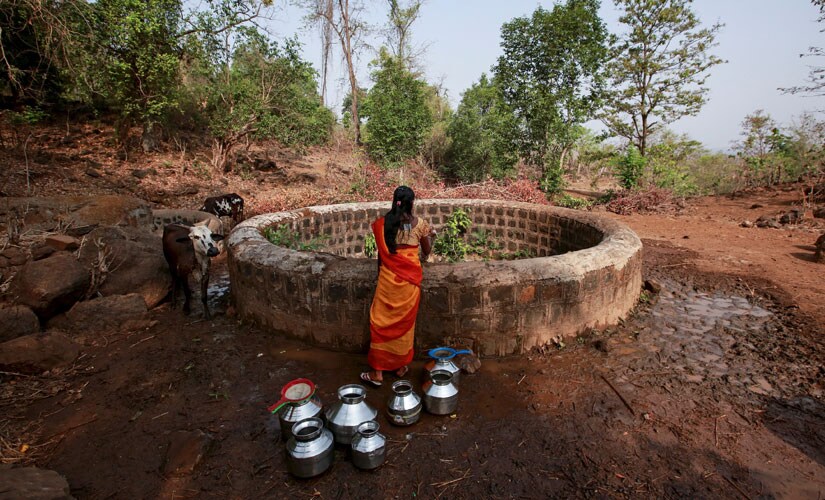 The water wife does not usually share the marital bed, but is a part of the family only for the purpose of water colection. When a water wife becomes too old to continue, the husband sometimes takes a third and younger spouse to fetch the water. Sakharam Bhagat, 66, now has three wives, two of whom he married only to make sure his household has water to drink and cook. 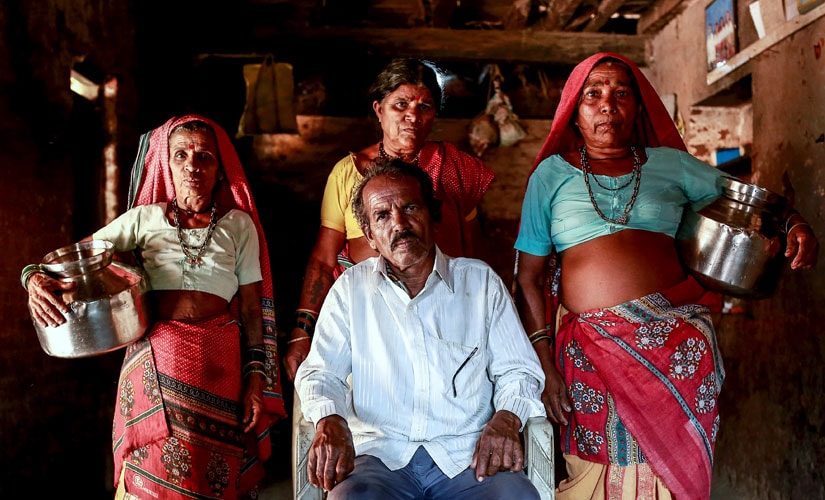 “I had to have someone to bring us water, and marrying again was the only option,” said Bhagat, who works as a day labourer on a farm in a nearby village. “My first wife was busy with the kids. When my second wife fell sick and was unable to fetchwater, I married a third.” 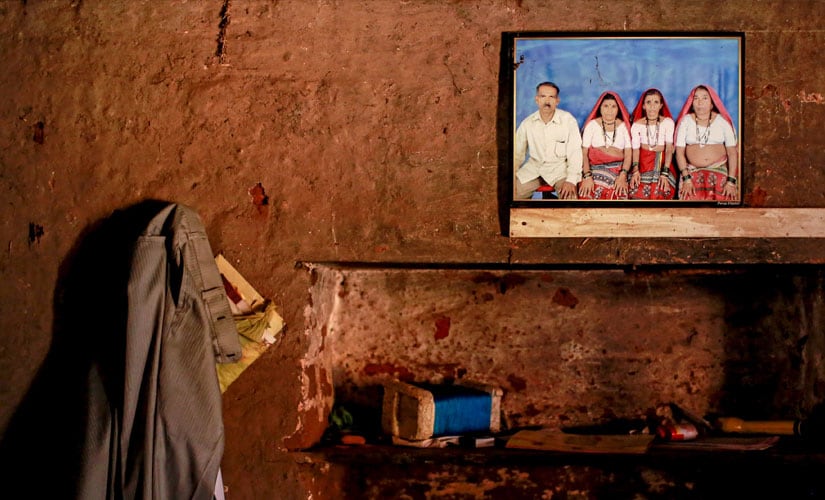 Bhagat’s wives all live in the same house with him but have separate rooms and kitchens. Two of them are entrusted with fetching water, whilst the third manages the cooking. Bhagat said the women, some of them widows or abandoned, are also happy with the arrangement. “We are like sisters. We help each other,” said his first wife, Tuki. “Sometimes we might have problems, but we solve them among ourselves.” 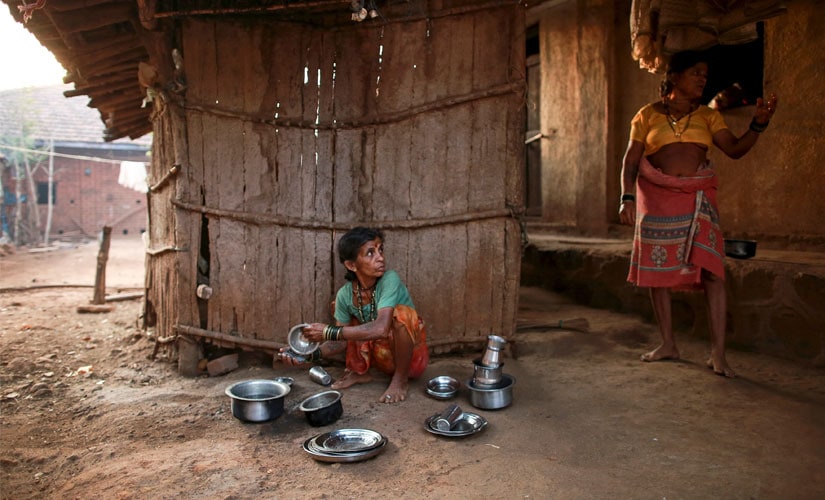 Bhagat and his family are suffering the consequences of a critical shortage of safe drinking water in India’s villages, as well as the fallout from the most severe drought that his state, Maharashtra, has faced in a decade. Polygamy is illegal in India, but, in this village, “water wives” are common. “It is not easy to have a big family when there is no water,” said Namdeo, another villager who has two wives. 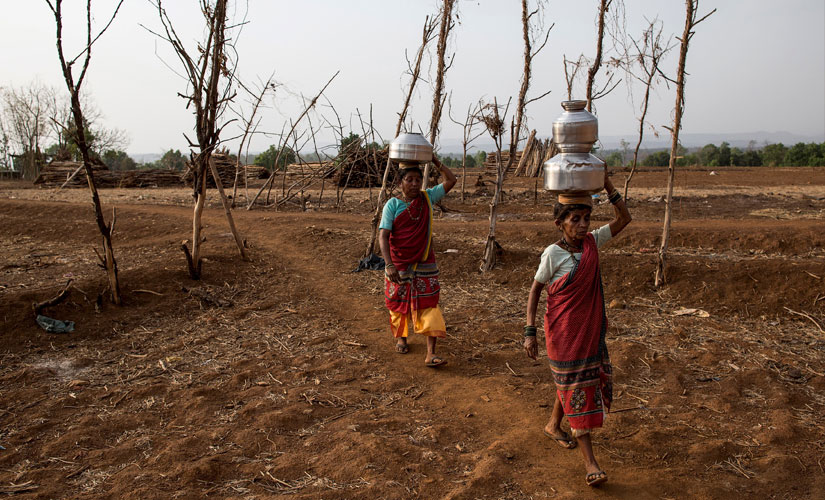 In Maharashtra, the government estimated last year that more than 19,000 villages had no access to water. And India is again facing the threat of a drought this year, with monsoon rains expected to be weaker than average. In Denganmal, a cluster of about 100 thatched houses set on an expanse of barren land, most men work as farm labourers, barely earning the minimum wage. Marrying for water has been the norm here for many years, villagers said. (Images and text Reuters, with additional inputs)
In a village in Maharashtra state, some men marry again just to make sure their households have enough drinking water. These women, known as ‘water wife’ are often widows or single mothers who do not share the marital bed.
Advertisement
End of Article


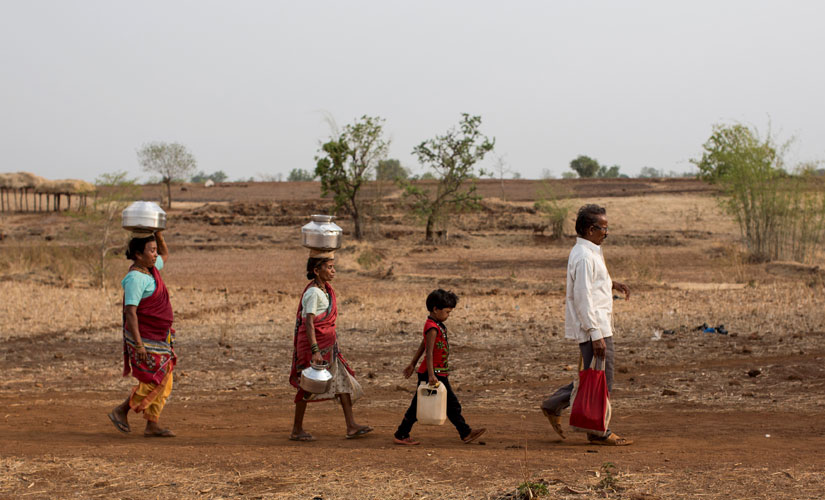)
)
)
)
)
)
)
)
)



